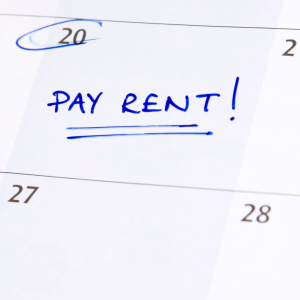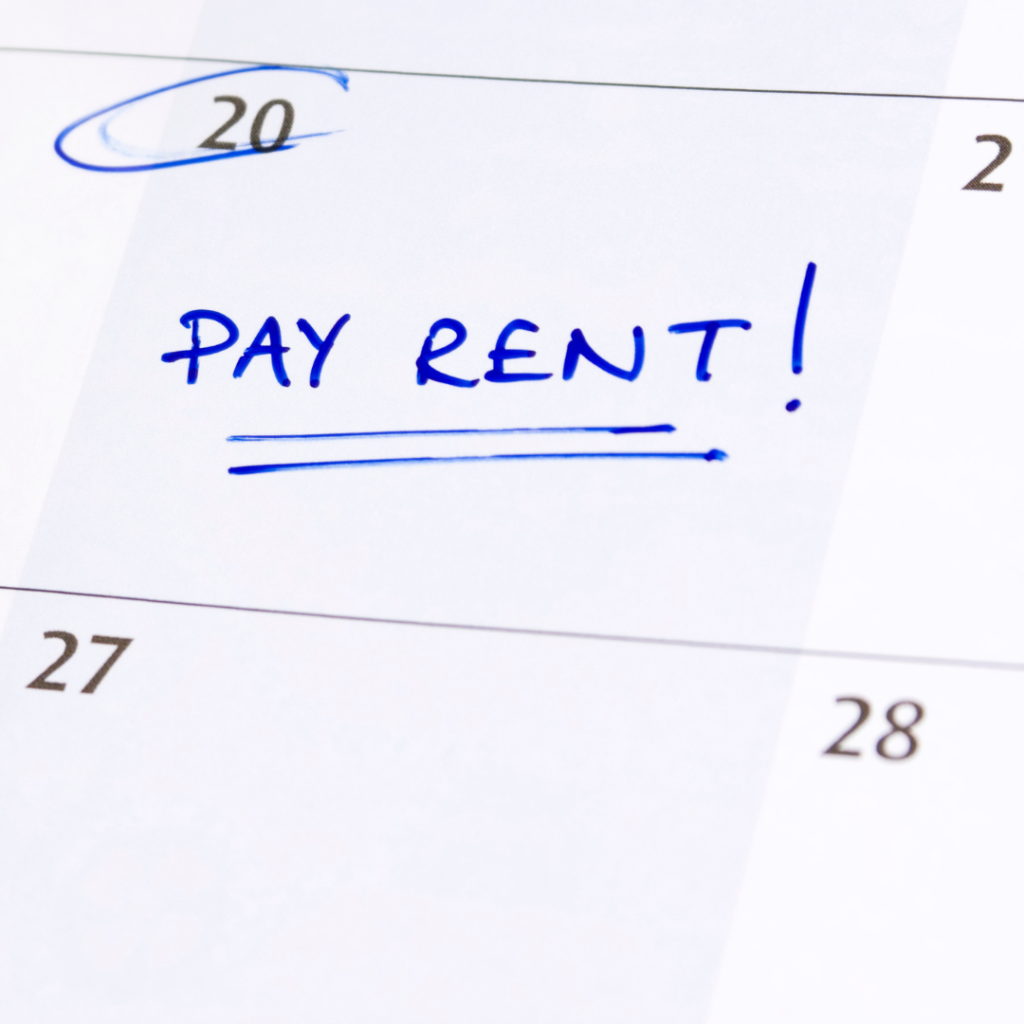Rent collection is one of the most important responsibilities in property management. When tenants fall behind, the impact can extend far beyond one missed payment. Late rent can snowball into larger financial challenges for both residents and owners, making it critical to address late rent on property quickly and effectively.
Why You Should Address Late Rent on Property Early

The longer late rent goes unaddressed, the harder it is to resolve. Unpaid balances can accumulate, putting tenants at risk of eviction and creating financial strain for property operations. By stepping in early, property managers can prevent small issues from escalating into serious problems.
Taking a proactive stance to address late rent helps maintain stability for everyone involved. Early intervention shows tenants that communication is welcomed while setting clear expectations for repayment.
Understanding Tenant Circumstances and Payment Options
Every late payment has a story behind it. Job loss, medical bills, or unexpected emergencies can disrupt even the most reliable tenant’s ability to pay. Recognizing these circumstances allows property managers to respond with both compassion and structure.
Flexible payment plans can provide tenants with breathing room while ensuring the property continues to receive income. HUD guidelines give managers a framework for repayment agreements, making the process fair and consistent.
Communication Strategies to Address Late Rent on property
Clear, respectful communication is key to resolving late rent. Tenants should be encouraged to share payment challenges before they spiral. Documenting every conversation not only provides clarity but also protects both the tenant and the property.
At the same time, it’s essential to maintain professional boundaries. Respecting tenant privacy builds trust and ensures that even difficult conversations remain constructive.
Policies and Frameworks That Guide Late Rent Management
While empathy is valuable, property managers must also adhere to corporate policies and HUD regulations. These policies provide consistency in how repayment is handled, ensuring all tenants are treated fairly.
Having established guidelines makes it easier to balance compassion with accountability. When managers consistently address late rent on property within a clear framework, they reduce conflict and strengthen community stability.
Rent collection isn’t just about enforcing rules, it’s about fostering relationships and maintaining sustainable housing. When property managers address late rent on property with empathy, strong communication, and structured policies, they create better outcomes for both tenants and owners.







